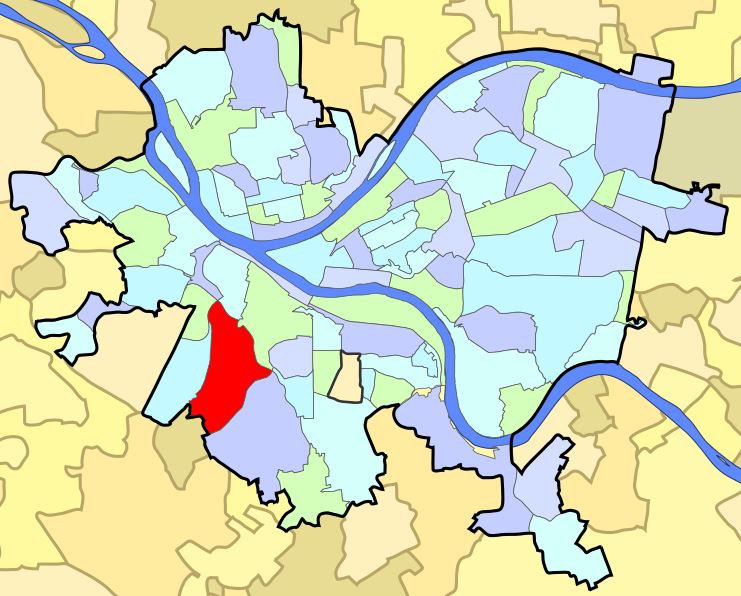Pittsburgh is Pennsylvania's second-largest city, with a population of 305,704 and an area of 55.5 square miles. The city is at the heart of a 10-county metropolitan region that has a combined population of over 2.5 million people. The city's population is 67% Caucasian, 27 % African-American, 3% Asian, and 2% Hispanic. The median household income is $36,860, and 22% of the population lives below the poverty line.
The City of Pittsburgh Planning Department is working on the city's first comprehensive plan, which includes open-space strategies and urban agriculture opportunities. Pittsburgh's greening efforts include many types of food system development: a land-banking initiative, a Food Policy Council, nine City run farmers' markets, many independent markets, and a zoning code that supports backyard chickens and apiaries. There are many urban agriculture projects -- community gardens, urban permaculture farms, and two food forests -- making improvements to once-blighted land parcels.
Pittsburgh comprises 90 neighborhoods, including Beechview, which is the neighborhood of focus for the EFSNE project. Beechview has a population of 7,974 -- 12% of which is African-American -- and a growing Hispanic population. The median household income is $36,602.
Beechview has one small grocery store, two small privately owned convenience stores, three restaurants, and a non-profit community coffeehouse. A small farmer's market operates in Beechview from May through September.
Phyllis Didiano is the community liaison for the Beechview site.


